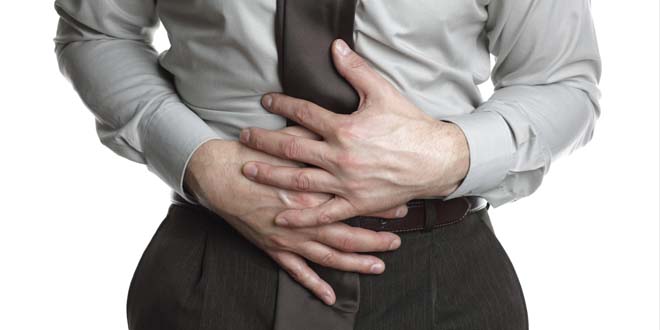
What you should know about gastroenteritis virus
Commonly known as the stomach flu, the gastroenteritis virus is when we suffer for diarrhea and vomiting accompanied with stomach cramps. But what exactly is gastroenteritis? What are the causes, symptoms and treatment of this disease and how can you avoid it?
As the name suggests, this disease is basically gastro (stomach), entero (small intestines) and itis (inflammation). Stomach is where the food breaks down. Small intestines are where it is absorbed and becomes a part of the blood. Inflammation of these parts would mean swelling, redness, pain, heat and loss of function of these parts.
CAUSE:
Gastroenteritis is caused by a virus or bacteria. Rota virus and novo virus are common viruses. Campylobacter is the most common bacteria that cause gastroenteritis. Parasites (often called as worms) also cause gastroenteritis. Giardia Lambia (tape worm) is the main parasite for this. In simple words, consuming food or water that is contaminated can cause gastroenteritis. Eating out too often or not washing hands after using the washroom are main reasons for getting this disease. Eating undercooked meat can also cause tape worms and that can cause gastroenteritis.
SYMPTOMS:
When these viruses or bacteria infect your digestive system, they stop the water and salt from being effectively absorbed in the blood. This increases the amount of water in the stool, making the diarrhea watery. Whereas the water in the body decreases as it’s not getting absorbed. Therefore dehydration is often a side effect of gastroenteritis.
Fever is also seen in such infections. Whenever an infection enters your body, the white blood cells fight against it. This increases the body temperature, causing fever.
Muscle cramps are also experienced in gastroenteritis as the severe water and salt loss causes an electrolyte imbalance. Electrolyte imbalance makes the muscles stiff and causes cramps. Abdominal cramps and pain
Nausea, vomiting or both are experienced in gastroenteritis.
YOU MUST SEE A DOCTOR IF:
- There is blood in the stool.
- The temperature goes above 104° F (40° C) and 102° F (38.9° C)for children (bache).
- You vomit for more than two days.
- You are dehydrated (deep yellow urine, extreme thirst, dry mouth).
- Your baby has a sunken soft spot (fontanel) on the top of his or her head.
TREATMENT
Taking loads of fluids is the main way to treat gastroenteritis. An oral rehydration arrangement can be utilized by individuals who are especially defenseless against the impacts of lack of hydration. Patient should be given ORS with water continuously. However, if you feel you are severely dehydrated, you should be admitted to the hospital.
One shouldn’t eat anything when dealing with gastroenteritis as the digestive system is not fit to digest. Solutions to treat the side effects of gastroenteritis are not typically vital, but rather they may be suggested if your looseness of the bowels or spewing is especially serious.
PREVENTION
Prevention is always better than cure. Gastroenteritis is a painful illness and makes a person incapable of performing simple tasks due to dehydration and stomach cramps. To avoid such instances, prevention should be done.
- Wash your hands properly with soap and water.
- Carry a hand sanitizer in case soap and water are not available.
- Always wash hands before eating.
- Disinfect washrooms using antiseptics.
- Eat home cooked food.
Young children and older people should be taken care of as they are more prone to infections. If things get worse don’t ignore it, as it can be fatal.

